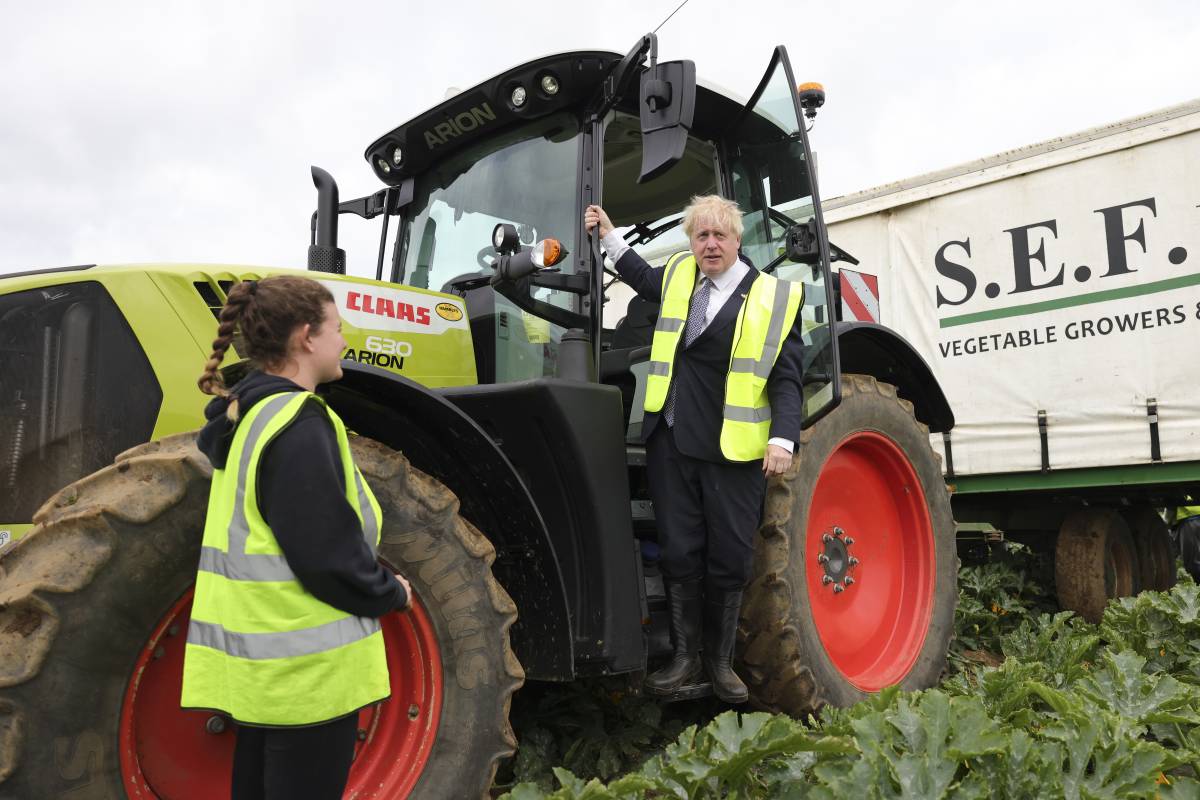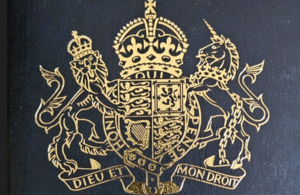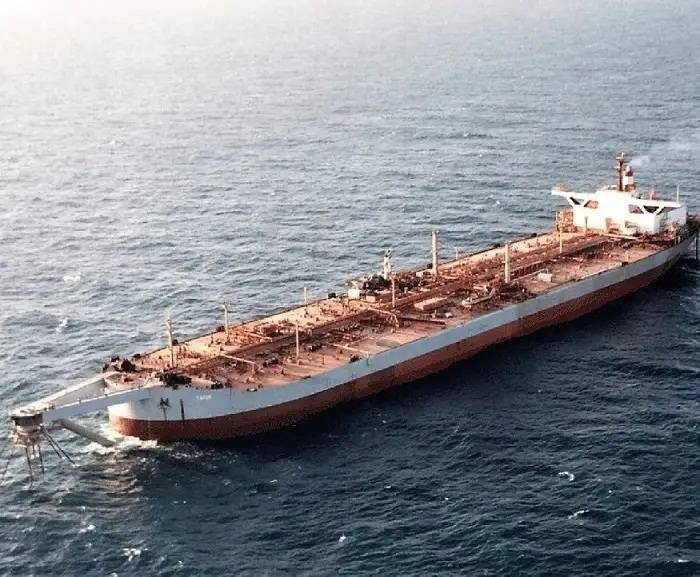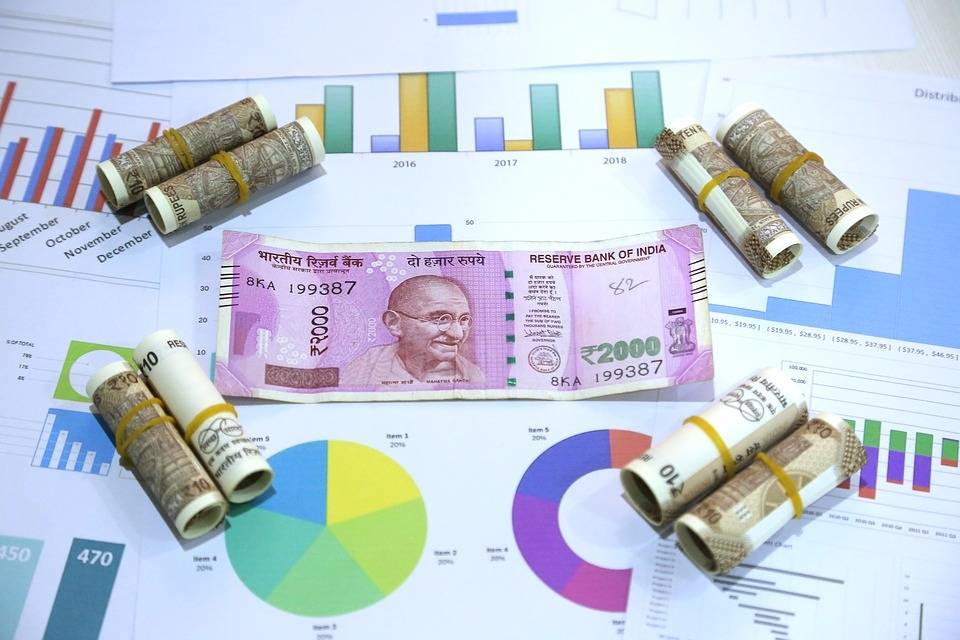As ONS data revealing the .3% fall in GDP in April, CBI, the UK’s largest business forum, urged the government to set up weekly Cobra-style meeting to tackle the economic crisis…reports Asian Lite News
Responding to ONS data revealing GDP fell by 0.3% in April, Liberal Democrat Treasury spokesperson Christine Jardine MP said: “The Government’s barrage of tax hikes and lack of cost-of-living support are leaving people to suffer, and now that’s translating into worrying economic figures.
“The UK has the best universities, the best services sector and the best workforce – yet this Government is in such disarray that we’re headed for the lowest growth in the G7. Their incompetence is nothing short of dangerous,” she added. “Instead of giving speeches full of empty promises, Boris Johnson and Rishi Sunak need to start listening to people and give them real help with the cost of living.”
The ONS forecasts stagnant growth as consumer confidence decreases and inflation continues to sky-rocket. It has reduced its GDP growth outlook for 2022 to 3.7 per cent – down from 5.1 per cent. The growth outlook for 2023 has dropped to 1 per cent, down from 3 per cent previously.
Meanwhile, in an interview with the Sunday Time, the CBI’s director-general Tony Danker warned that if the attention isn’t directed on the economy instead of debates on ideology and leadership, the UK could enter a “very live” recession.
He told the Sunday Times that the prime minister and the cabinet need to grip the economy “like they did Covid” and should be co-chairing Cobra-style emergency planning meetings.
The seven actions the CBI is calling for before the autumn budget are:
@ A full commitment to a permanent successor the super-deduction
@ Cut approval times for new offshore wind farms from four years to one year
@ Call for immediate talks to resolve the Northern Ireland Protocol impasse and finalise Brexit
@ Act as a broker between rail companies and unions to avoid summer strikes
@ Announce a permanent replacement to the recovery loan scheme to support cashflow
@ “Get real” on industry concerns over labour shortages
@ Add immediate flexibility to the apprenticeship levy for one year, allowing all employers to use their levy funds to tackle labour shortages
ONS Data
The economy contracted by 0.3% in April after it shrank by 0.1% in March, the Office for National Statistics said. April’s figure was weaker than expected, and it was the first time the economy has contracted for two months in a row since Covid struck. Both households and businesses have been hit by rising prices, which are surging at their fastest rate for 40 years due to record-high fuel and energy costs.
The cost of filling up an average family car with petrol recently hit £100, and there have been signs that people are cutting back spending as costs rise.
The Bank of England has warned the UK faces a “sharp economic slowdown”, and has forecast that inflation – the rate at which prices rise – could reach more than 10% by the end of the year.
April was the first time all main sectors of the economy – services, manufacturing and production – had shrunk since January 2021.
The ONS said the main driver of April’s contraction was in the services sector, due to the winding down of the NHS’s Covid Test and Trace operation. It also said some businesses were continuing to struggle with the impact of price increases and supply chain shortages.
Labour’s shadow chancellor, Rachel Reeves, said the figures were “extremely worrying” and would “add to growing concern about abysmal growth and plummeting living standards under the Conservatives”.
There have been three months on the trot now of zero growth, BBC reported. Only in January has the UK economy grown this year. While May should break that pattern, the chances are that the economy is contracting over this quarter. Current forecasts suggest this should not be the start of a technical recession, especially given the support to household incomes from the energy package last month, but that risk certainly hangs over the economy. Though the jobs figures continue to impress, interest rates and inflation continue to rise.
The risk of a UK-EU trade war is now material, which could push up inflation more and risk investment. And there are further pressures on tax and spend from businesses calling for tax cuts, to public sector workers seeking pay rises matching double-digit inflation.
ALSO READ-Several barriers ahead for India-UK trade deal by Diwali














